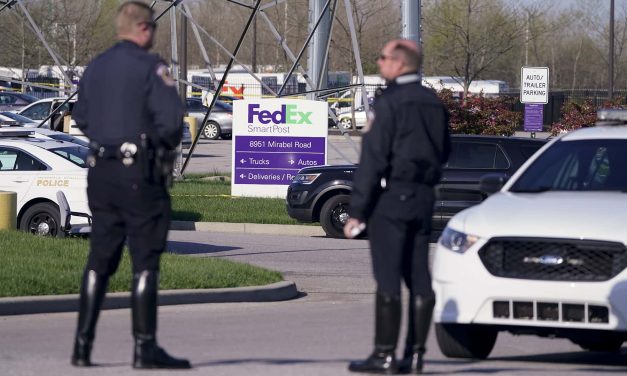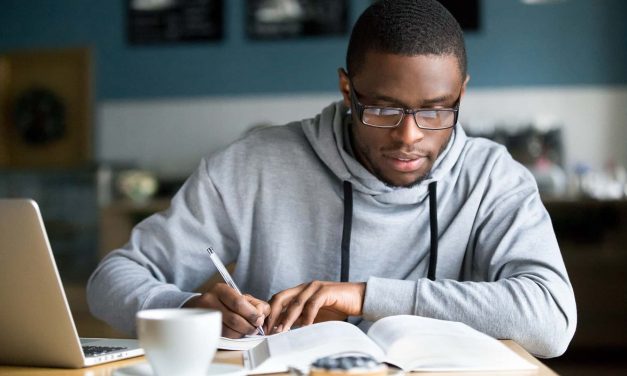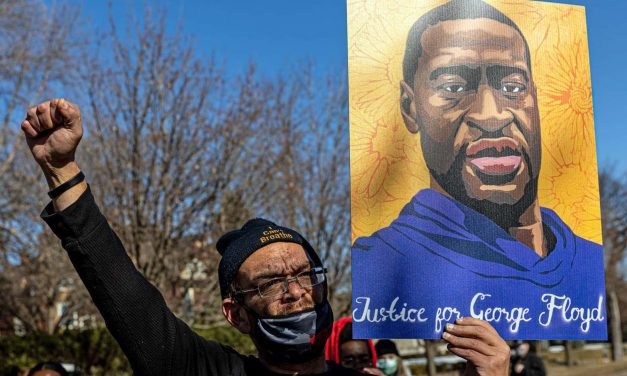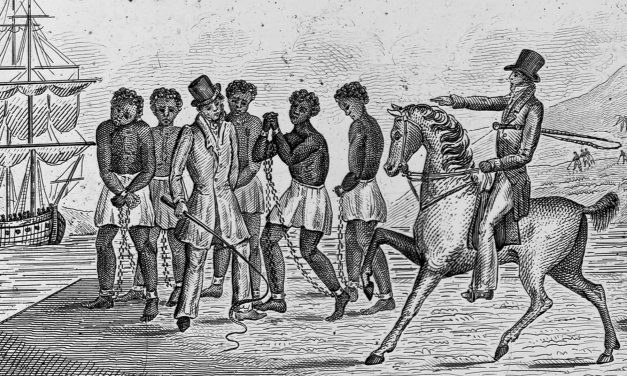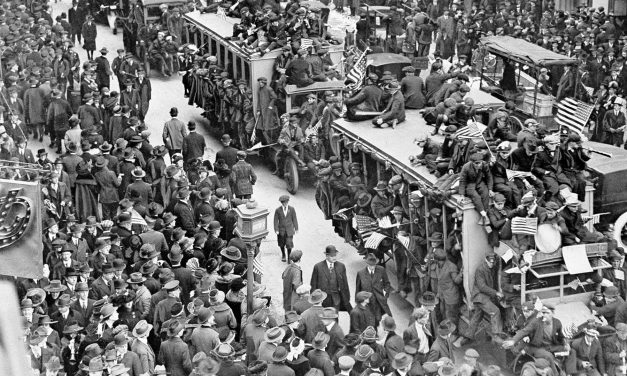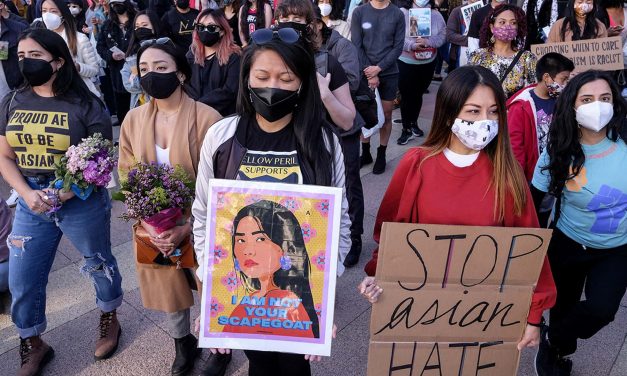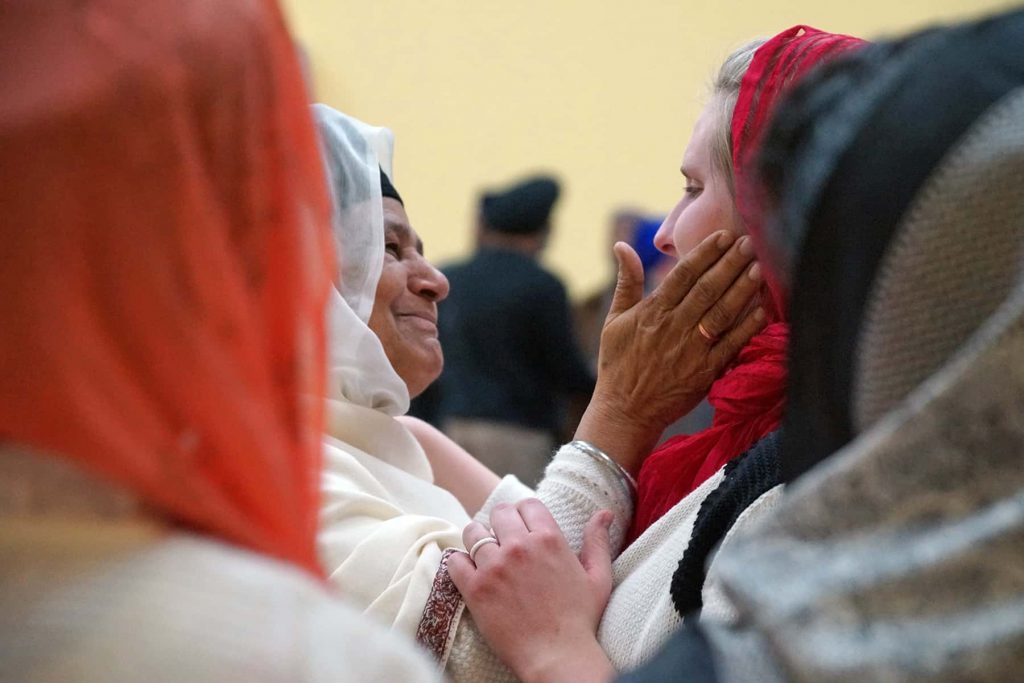Firearm Fatalities: Understanding the endemic nature of gun violence in American culture
By Lacey Wallace, Associate Professor of Criminal Justice, Penn State The U.S. has suffered yet another mass shooting, with a deadly attack in a FedEx facility in Indianapolis. This was the fifth mass shooting in five weeks, including a shooting at a supermarket in Boulder, Colorado that took the lives of 10 people on March 22 and just days earlier, eight people were killed in a series of shootings at spas in Atlanta, Georgia. Public outcry about gun violence, gun rights and racism and what to do about these issues is high. As a criminal justice researcher, I study...
Read More
